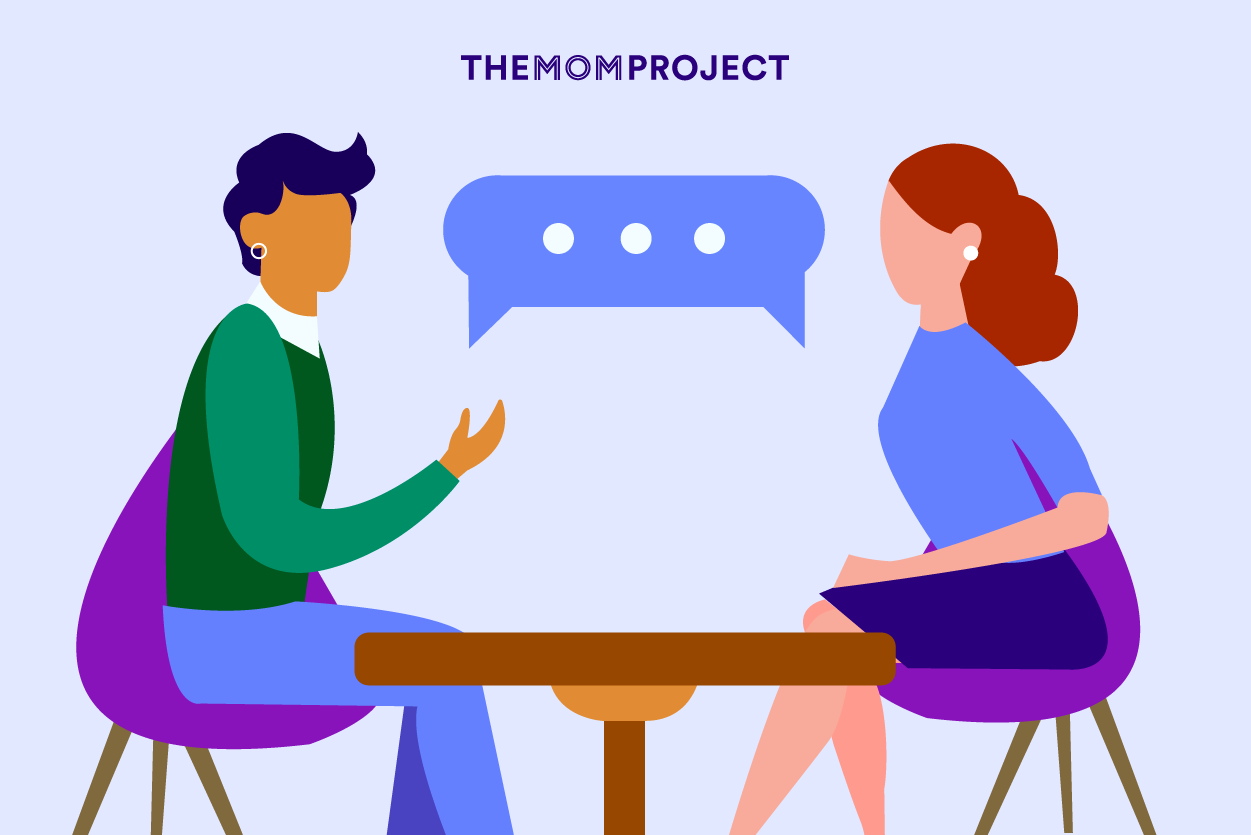Most people have had a negative job experience at some point in their career, but when you’re asked “why did you decide to leave this job?” during an interview, the last thing you want to do is bad mouth a previous employer. You also don’t want to lie or try to bypass the question, because it’s giving you an opening to highlight some of the things you know don’t want in future jobs.
You can get a lot out of answering this question, it’s just all about the way you frame your response.

Your resume is a collection of jobs and experiences that have helped bring you to where you are in your career, as well as prepare you for what’s next. Even if a previous job was a distinctly terrible experience, you should start viewing and presenting that time as a learning experience. Maybe it showed you what kind of company culture you definitely don’t thrive in, helped you understand your preferred leadership style or it taught you how important it is to actually enjoy your job.
Framing the experience in this way allows you to flip the narrative from something negative to something positive instead.
Flip the script - positive ways to view negative experiences:
👉 Now I know what company culture I am looking for
👉 I know what leadership style I best vibe with
👉 I know what I value in my day-to-day work experience
The person you’re meeting with likely doesn’t want to hear the nitty-gritty details of why you left a job, they just want to learn more about your experience and get a firm understanding of the direction you’re taking your career. By focusing on the positive lessons learned, you’re helping to paint a better picture for them. You’re also giving yourself more authority for later when you discuss the things you’re looking for in future roles more in-depth.
Go into the interview with confidence
During preparation before the interview, come up with some ways to address the situation so you don’t feel caught off guard if the question comes up. Come up with a short, succinct reason for leaving (or wanting to leave) the job that is truthful and positive.
When you’re thinking up this response, make sure it addresses the question head-on and doesn’t leave a lot of room for follow-up questions or assumptions. Also, avoid saying anything that could be interpreted as gossipy. Keep it professional so that the focus stays on you and doesn’t stray to your old employer.
Example situations and response tips
You didn’t get along with your old boss
Even though a toxic relationship with your boss is a perfectly valid reason for leaving a job, it’s not a great idea to bluntly say that in an interview. A statement like this could be perceived as you are hard to work with or unable to manage conflict by the person interviewing you.
You can still tell the interviewer that leadership was a major factor in your decision to leave a job, just do it in a way that shows respect to your old boss while also highlighting something you need moving forward.
Example: "I really enjoyed my time at ABCompany, however, my need for autonomous work didn’t align well with my supervisor’s leadership style, so the job just wasn’t the right fit for me."
You’re worried about a reference
If you’ve been asked for your old boss’s contact information for a reference and you’re not confident it will benefit you, be honest in your response but offer up contact information for other people who could serve as references from the organization. When doing this, make sure the substitutes are at a similar or higher level as your boss if possible.
Example: "At ABCompany, I reported directly to Jen Smith but I worked more closely with the project director, Ken Jennings, and the department head, Mary Wilson. I can give you both of their contact information if you’d like."
You didn’t enjoy your day-to-day work or responsibilities
Let’s say you had the best supervisor in the world or the company you worked for offered top-tier employee benefits, as great as those things are, they won’t change the fact that you’re bored or uninterested in your actual job. Again, this is a perfectly reasonable explanation for leaving a job, but how you deliver the explanation matters. Instead of saying something generic, like you were seeking more of a challenge, explain what it was about those responsibilities you didn’t like and what that taught you.
Example: "I found the culture and people at ABCompany fantastic, but I reluctantly decided to look for new opportunities because my position required more customer service and administrative work than I anticipated, and I felt my skills would be put to better use in a more specialized role."
You didn’t like the company and/or culture
You can be as diligent as possible during your interview process and still unintentionally end up working for a company or in a culture you hate. In this situation, you can be a bit more forthcoming with the information, but you still need to remain respectful and use the opportunity to talk about what you need in future opportunities.
Example: "I really enjoyed the work I did at ABCompany, unfortunately, I was required to attend a lot of mandatory after-hours team events that didn’t work for me as a mom."
You were put on a performance plan or let go
These are the more difficult situations to address because you don’t want your response to reflect poorly on you. If you were fired or let go, then you don’t have to offer up that information unless it would benefit you in some way (example: COVID lay off). Instead, keep your response short and to the point without being dishonest.
Example: "My role at ABCompay turned out not to be a great fit for me and my boss and I mutually decided it was best that I explore new opportunities."
Control the narrative
Throughout an interview, you should always be trying to control the narrative to put yourself and your experience in the best light, and that includes addressing a negative job experience. No matter how bad your experience was, you need to approach the topic respectfully and professionally and the best way to do that is by putting the focus on the positive outcome of the experience. Use this question as an opportunity to demonstrate your confidence in knowing what you want in a future job.
 Stand Out During Your Interview by Asking the Right Questions
Stand Out During Your Interview by Asking the Right Questions
Asking the right questions during a job interview can help leave a lasting impression and set you apart from fellow job candidates.
Find your next role with The Mom Project
Apply for career opportunities with vetted companies that support work and life integration. From startups to the Fortune 1000, inclusive employers of all sizes use The Mom Project to post job opportunities and find skilled, diverse talent. 



